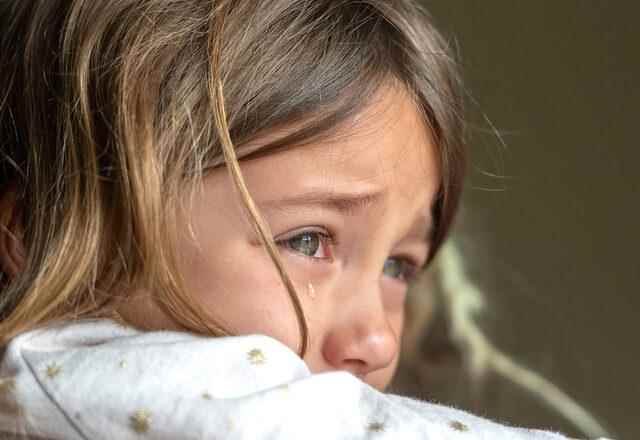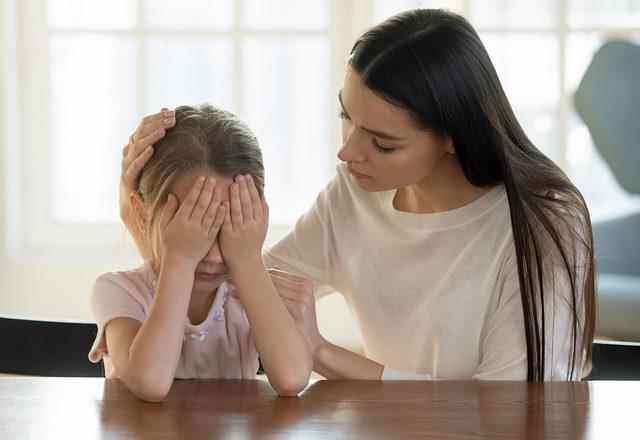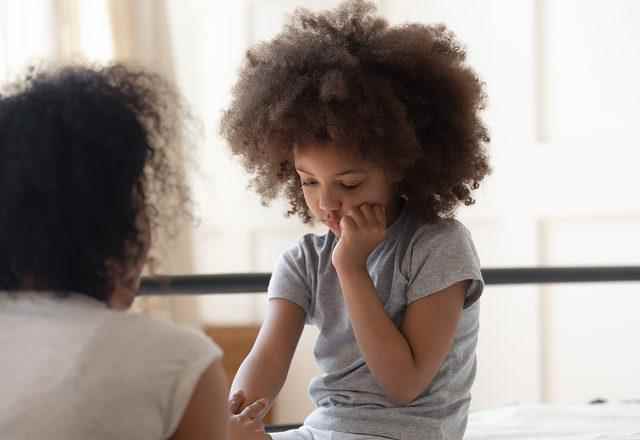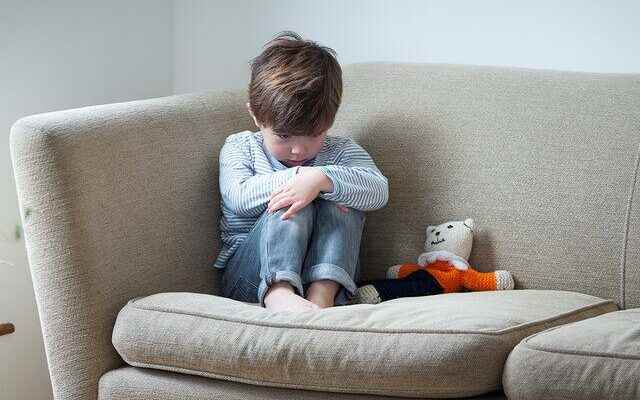Children can be affected very quickly by what is spoken and the images they watch. The psychology of many children is adversely affected by the expressions that parents use without realizing it. Recently published images of war cause behaviors such as waking up at night, crying for no apparent reason, throwing tantrums, and asking questions about the war. Experts, who recommend that children not watch war news, suggest that their questions be answered clearly and clearly, and that expressions that may worry the child should be avoided. Üsküdar University Faculty of Health Sciences Child Development Department Head Prof. Dr. Nurper Ülküer made evaluations about the effects of the Russia-Ukraine war on the psychology of children.
CHILDREN MAKE WAR PART OF THEIR WORLD
prof. Dr. Nurper Ülküer said that while millions of children in the world face war, violence, disease and death, the number of children who do not experience these problems, but who learn about the helplessness of their peers through mass media and from the conversations of their parents, has increased tens of times. prof. Dr. Nurper Ülküer said, “Children make these a part of their world with their endless imagination and can experience the same negativities in their own world. Anxiety and fear caused by negativities bring along psycho-somatic problems in the development of the child, which are important and difficult to return, and will be with them throughout their lives, as if they had experienced the event themselves. In the field of child development, neuroscientific studies, in particular, emphasize that negativities at an early age can cause lifelong physical and mental problems. That is why both groups of children need and have a right to be protected and be in safer environments.” he said.
IT IS VERY DIFFICULT TO RETURN THE TRAUMAS EXPERIENCED
Noting that the traumas experienced by children who have experienced war and witnessed violence cause psycho-somatic problems that are very difficult to reverse and can continue for a lifetime, Prof. Dr. Nurper Ülküer said, “The effects of such traumas and negativities on the development of children differ according to their ages and environments. For example, infants and young children are still affected by negativities due to their close bond with their primary caregiver, which may occur more as a result of the cessation of safe interactions with their caregivers. One thing that should not be forgotten is that parents and caregivers are also affected by the same negative situations, experience difficulties in terms of physical and mental health, and may not show the necessary attention and love to their children. This increases the risk of neglect and abuse of children. In other words, the most important way to protect especially young children from the devastating effects of war and other negativities is for parents to be strong enough to keep them away from the effects of such negativities and not be affected by such events.” warned.
NEGATIVELY AFFECTS YOUR SOCIAL AND EMOTIONAL DEVELOPMENT

Pointing out that children who watch disaster news and negativities such as war, violence, flood and fire from media such as newspapers, television and social media are also adversely affected by these news. Dr. Nurper Ülküer said: “This type of news has become a part of our daily life. The number of studies that explain that this situation, which affects not only children but also adults, negatively affects the development of the child, especially his social and emotional development, is increasing. In other words, our children, whom we think are ‘safe’, suddenly find themselves in the living room of their home in the middle of the war, at a funeral where children cry, or at the bedside of patients in hospitals, and they can pass into these ‘dimensions’ they witness with the help of their imaginations. They can experience their fears, losses and anxieties ‘virtually’ in their homes where they feel safest.”
THESE SYMPTOMS MUST BE CAREFUL

Noting that the child is affected by shocking events such as war, Prof. Dr. Nurper Ülküer said, “They can understand from the questions that children ask, from waking up at night, not wanting to turn off the light, clinging to their parents, crying for no clear reason, having a fit of anger and similar behaviors. In more intense situations, bedwetting, silence, hyperactivity or withdrawal can also be observed. warned.
WAR SHOULD BE TOLD TO CHILDREN IN A LANGUAGE THEY UNDERSTAND
Ülküer stated that the biggest duty of parents is to prevent such news from being watched by children as much as possible. said.
ANSWERS MUST BE SIMPLE, sincere and understandable
Expressing that it is important to give correct and consistent answers to the questions asked by children, Prof. Dr. Nurper Ülküer said, “Children ask questions to understand what they see. For example, ‘Why are these children crying? Why are the forests burning? Who are these people running away from? Will they come to us too? may ask questions. Although the answers to these questions are quite difficult, it is most appropriate to explain the facts and reasons in simple, sincere and understandable sentences. However, it is also important for parents to pay attention to the way they talk about the subject in front of their children. Because if the sentences that parents say to their children and the sentences they use in their general speech are different, this raises the question marks in the children’s minds even more.” he said.

NEGATIVES SHOULD NOT BE USED IN CHILDREN’S DRESSING
Emphasizing that such negativities should never be used in the upbringing of children, Prof. Dr. Nurper Ülküer said, “Unfortunately, there is a method of training with fear, which parents sometimes resort to quite innocently. ‘It happened because they misbehaved. Very dangerous expressions such as ‘If you misbehave, you will be too’ or ‘I will send you to them’ should never be used. Such statements only increase children’s anxiety.” warned
WAR CAN DEVELOP CHILDREN’S EMPATHY AND COMPASSION
Expressing that it is necessary to help children develop awareness, empathy and compassion, Prof. Dr. Nurper Ülküer said, “Children ask these questions when they see the real traumas experienced by their peers. When talking to them, instead of the attitude of ‘Nothing will happen to us, don’t worry’, it is necessary to explain the sadness of these children and what they can do to them. Likewise, it is necessary not to show one party right or wrongly in events, and to avoid expressions that will cause discrimination and prejudice. It is important to experience the feelings of empathy and compassion that we all need, and to live with children. It may be the most positive outcome of these negativities.” said.
